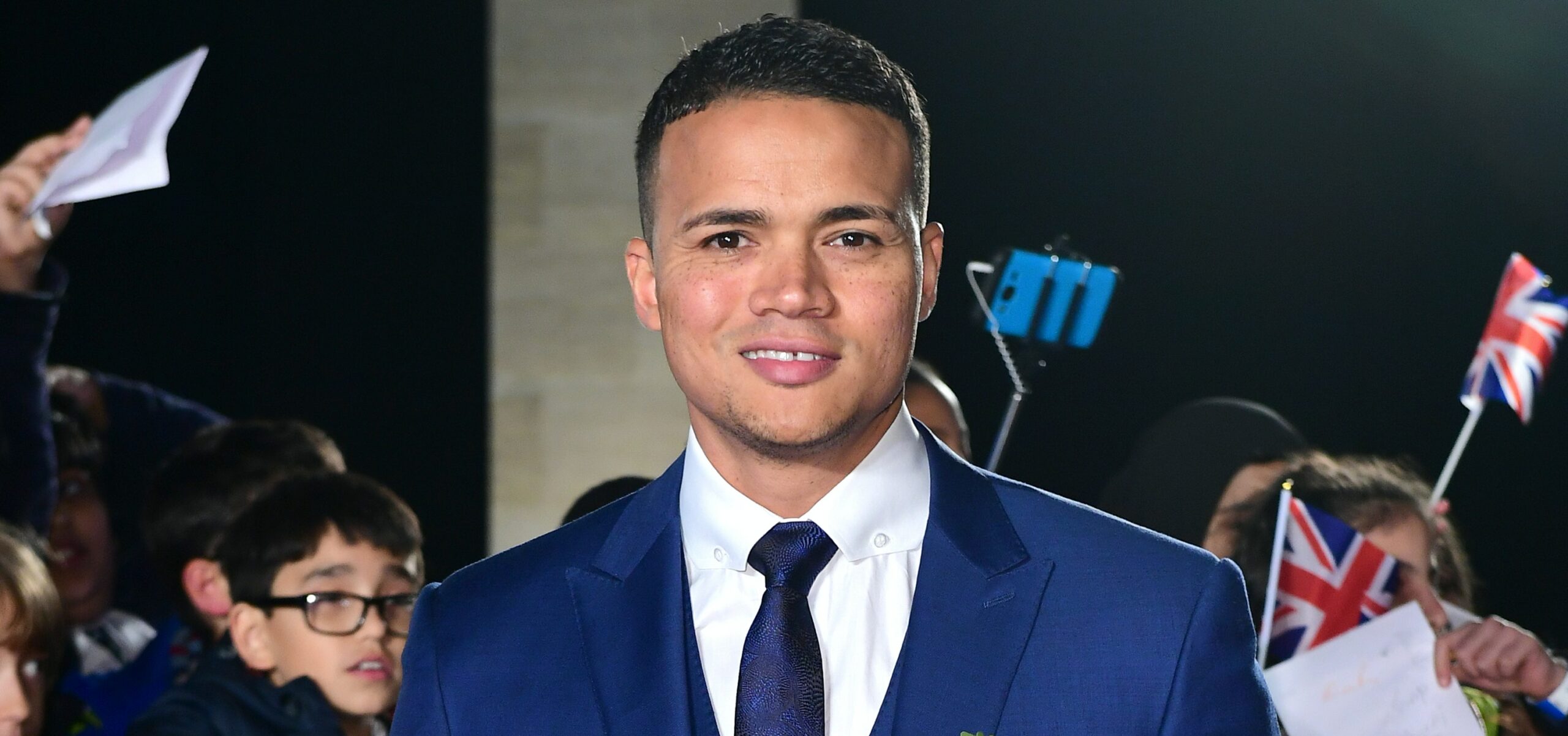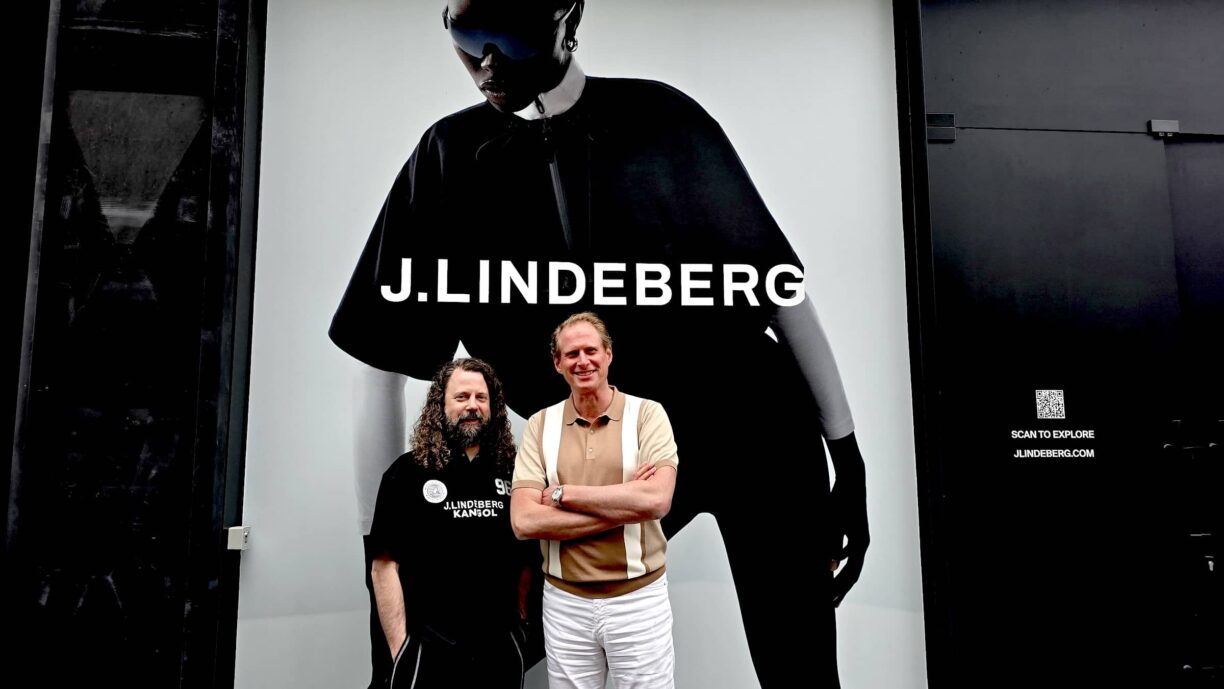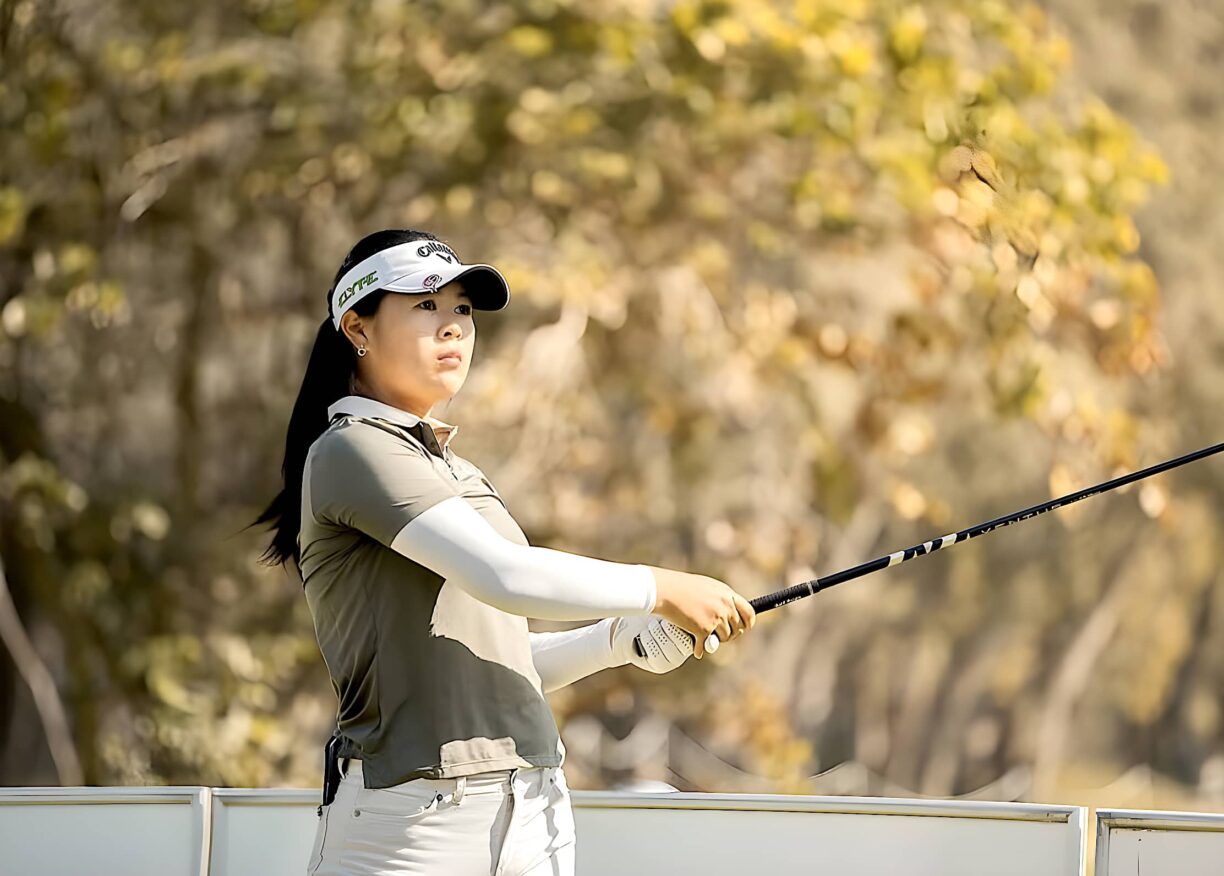Jermaine Jenas seems effortlessly self-assured during his regular TV appearances as a football commentator and pundit.
But, he reveals, that inner confidence has been hard won, and during his days playing for England he struggled with low self-esteem – despite apparently having the sporting world at his feet.
It might seem unexpected from somebody so clearly talented, handsome and outwardly “living my dream”, but Jenas admits there were times he secretly battled with ‘imposter syndrome’ – which he believes affects many top players.
The former midfielder, who retired after struggling to recover from a knee injury in 2014, was playing alongside a “golden generation” – Wayne Rooney, David Beckham, Michael Owen, Steven Gerrard, Frank Lampard and Paul Scholes. But he describes the set-up under then-manager Sven-Göran Eriksson as an exclusive “boy’s club”, which he felt had a detrimental effect on peripheral members of the squad, like himself.
“I was playing for England, and it was nothing to do with my ability or my deserving of the position I was in, but I just didn’t feel part of that environment,” says Jenas, who opened up about his experience in new British Army podcast, The Locker (episode two).
“It was quite a clique – it was a bit like an England Boys’ Club – and there were times when I felt on the fringes. It wouldn’t seem to matter how well I was playing or training because we had some of the best players in the world, and whether they were playing well or not, they were always picked.
Jermaine Jenas celebrates his goal during an International Friendly between England and Switzerland (Owen Humphries/PA)
“There were moments when I battled imposter syndrome. I felt there’s nothing I can do to break through into this team. It eventually grinds you down and confidence can be fragile, no matter how much you’ve achieved. The manager seemed set in his ways with: ‘They’re world-class players, they start and that’s it’.”
Jenas, who has three daughters (two with wife Ellie and one from a previous relationship), says “the mental health” side of football wasn’t spoken of as it is today, which he hails as a “game-changer” in all sports.
“While my time playing and being in the England team were some of the best days of my life, I wish there had been more focus on talking about problems,” says the Nottingham-born 37-year-old, who now lives in Hertfordshire.
“Instead, anything mental was regarded as a weakness, like a physical injury, which would mean you might not be picked. Instead, the best way to deal with something like imposter syndrome or anything else is to admit you have an issue. Communication is everything and that’s so improved in sport nowadays.”
Here, Jenas opens up about coping with leaving the sport, family life, and dealing with racism…
How did you cope with retiring from the game?
“I regard making that transition from playing into the life I’m in now as my biggest achievement. It was very hard initially, particularly because my career was cut short by injury when I was 31. I get lots of top footballers calling me to ask for advice on coping with retirement.
“One minute you’re in this life where, when you’re playing well, there’s euphoria and living like a rock star, people chasing you for autographs and instantly giving you a table in top restaurants as soon as you say your name – and then it’s like you fall off the edge of a cliff. Your identity and those privileges just vanish.”
How do you enjoy your TV career?
“TV was my saviour after retirement. It’s allowed me to stay connected to the sport I love but channel my aspirations, ambition, drive and passion into a new career, and the best thing is I’m learning all the time.
“I’ve got to admit, though, to shaking like mad with nerves on my first appearance on Match Of The Day. I was sweating and fidgeting and my heart was going crazy. It was a big moment and I felt I was a mess, but I got through it.”
What does Ellie mean to you?
“Meeting her massively changed my life. Often you hear that when footballers’ careers finish and the money dries up, their marriages can fail as well, but Ellie’s been incredible.
“I was playing for England but having loads of injuries when I met her, and her support has been above and beyond what most people would give. She’s the main reason I am what I am now.”
What does fatherhood mean to you?
“It was literally a game-changer for me. You can live in a bubble as a professional footballer, where your whole life, outlook and mood – on and off the pitch – seem to depend on how you play, but as soon as I had my first daughter, something really relaxed in me.
“When a little child runs to you for a hug when you get home, doesn’t care how you played, they just want you, you realise that as much as you still give your sport 100%, maybe don’t put it as high as life and death.
“When I retired, my wife and three amazing daughters [Sancha, 12, Geneva, seven, and Olivia, four] were a huge part of getting me out of the dark and into a place where I am now feeling content and fulfilled.”
Do you support the Black Lives Matter campaign?
“My mum’s white and my dad’s Black. I appreciate both sides of my heritage and I understand the suppression Black people have been under for years, so I support it 100%.
“I remember seeing my dad, a semi-professional player in the mid-Eighties, experience racial abuse from the crowd, but then the crowds weren’t so big at that level and you could at least see where it was coming from. I think we live in a world now which is almost more dangerous, because you’ve got people that are doing it in the dark to an extent, people living in the shadows on social media, creating fake accounts and just saying whatever they want to say to people. It’s great that people are finally actually recognising it and talking about it.”
Did you experience racism in your playing career?
“Every now and then, particularly when I played in Eastern Europe, there was a level of racism. If I was playing on a team say with four Black players and they got the ball, they got a ‘monkey’ chant, while as a mixed-race man, if I got the ball [the chanting] wouldn’t be as intense, but I still would get it and that didn’t mean it didn’t hurt.
“The lack of Black managers, the lack of Black coaches, the lack of Black representation when you’ve got so many Black players in the League is odd.
It’s important we keep pushing the conversation
“Racism has always been there. My fear is people just adapt and find a way around it, like they always have done. It’s important we keep pushing the conversation, challenging people and forcing the change, rather than sitting and waiting and posting the odd thing on Instagram and just thinking, ‘OK, I’ve done my bit’.”
How do you look after your health and wellbeing?
“Daily training when you’re a professional player is intense and I’ve gone from having to hobble to the bathroom, wincing with the pain until my muscles woke up every morning, to now feeling really fit and totally without pain, which is great.
“The weird thing is though, when I stopped playing, I missed feeling that physical exhaustion and putting my body through its paces, so I’ve replaced that by gym training, golf and boxing. Keeping busy and focused is vital for me and that physical routine, along with my career in television and my family life, is a brilliant blend for me.”
The British Army’s new podcast The Locker can be found on all major podcast directories, including Spotify, iTunes and Google Podcasts, with new episodes every fortnight. To find out more, head to apply.army.mod.uk/thelocker





